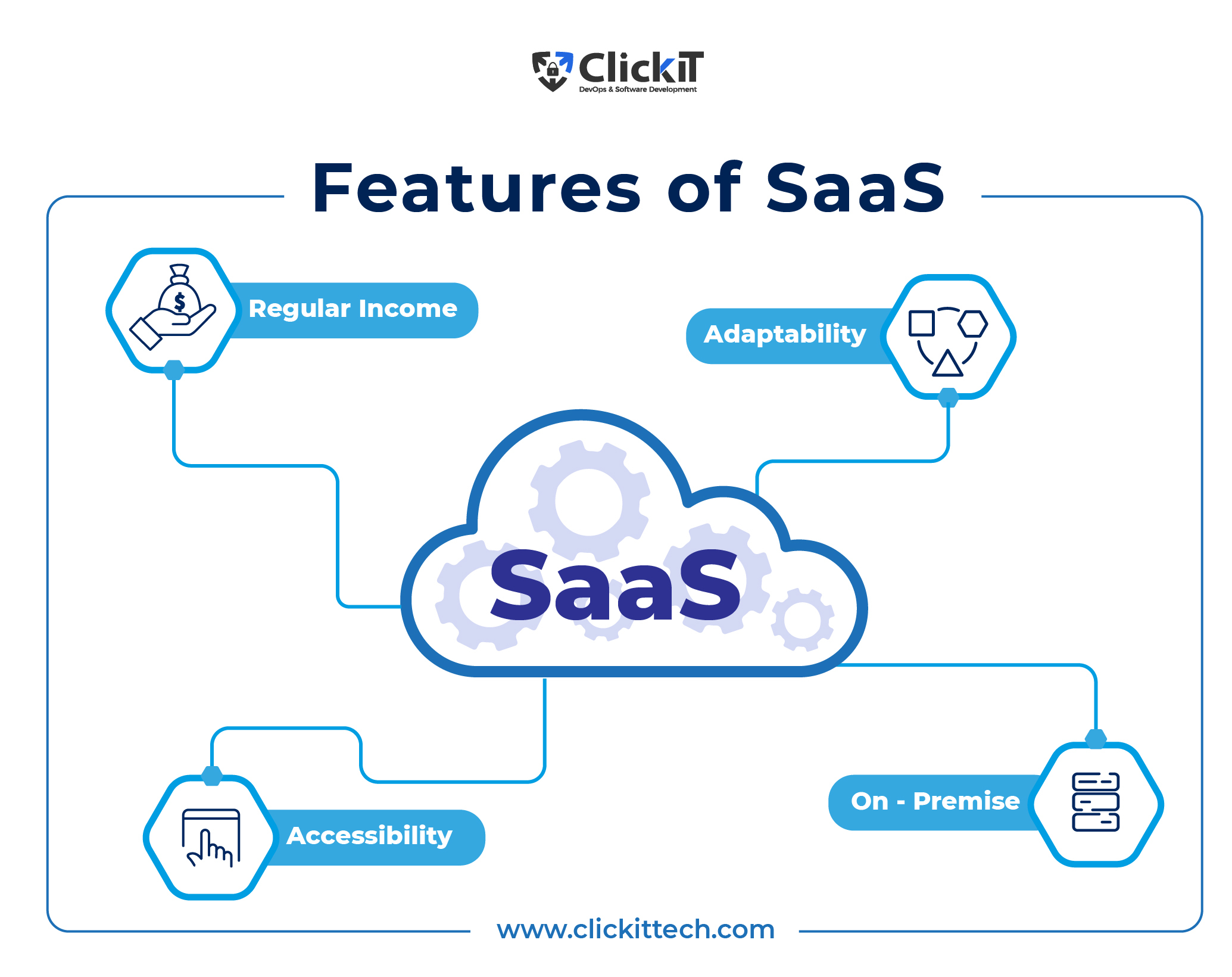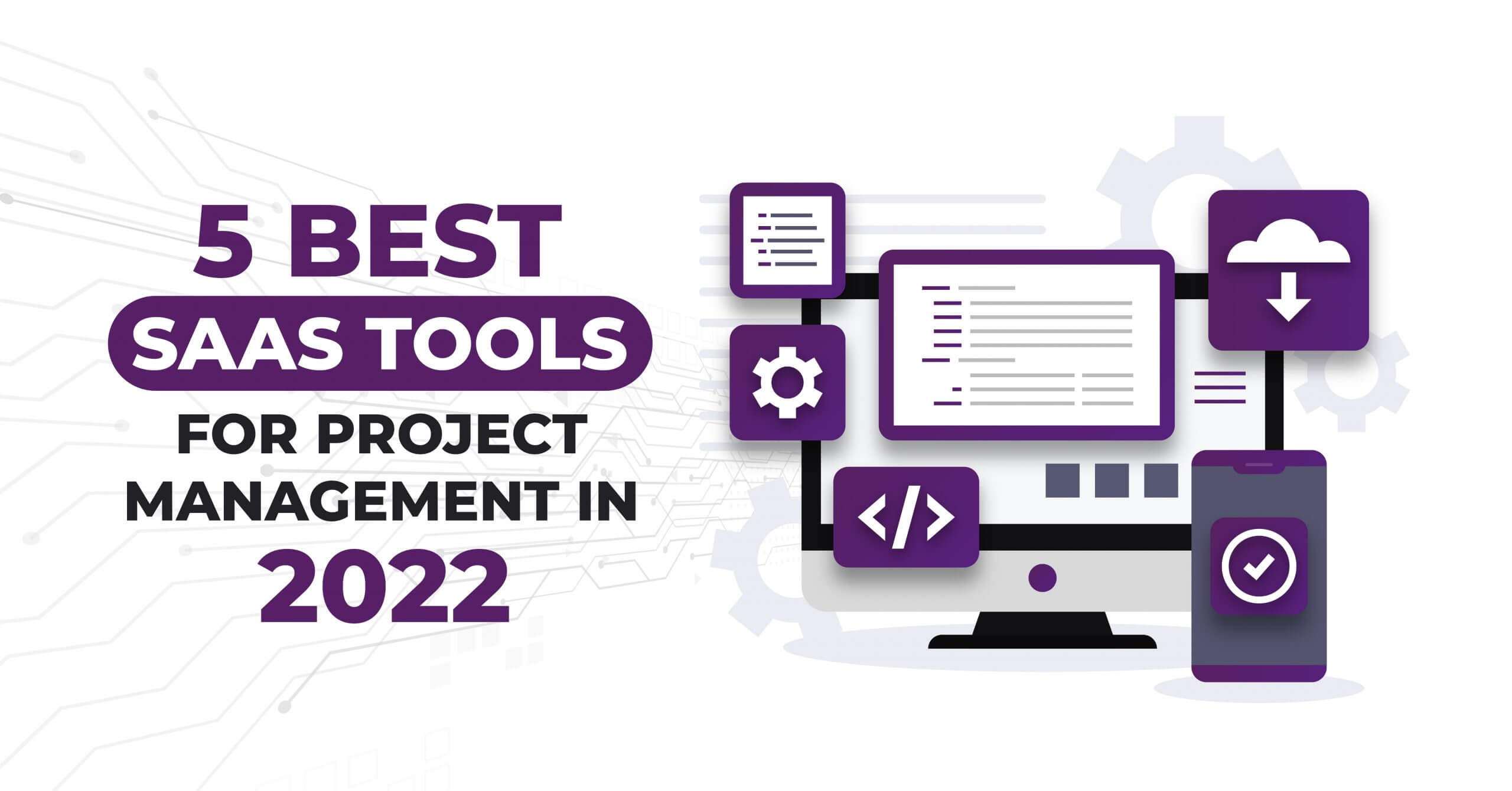Why Effective Project Management is Crucial for SaaS Startups
Effective project management is the backbone of any successful SaaS startup. In today’s fast-paced and competitive environment, SaaS startups need to prioritize tasks, manage resources, and meet deadlines to stay ahead of the curve. Without a solid project management framework, SaaS startups risk falling behind, losing customers, and ultimately, failing to achieve their goals.
One of the primary reasons SaaS startups struggle with project management is the sheer volume of tasks and responsibilities that come with launching and growing a business. From developing and marketing a product to managing a team and meeting customer demands, SaaS startups have a lot on their plate. Effective project management helps to streamline these tasks, ensuring that everyone is on the same page and working towards the same objectives.
Another critical aspect of project management for SaaS startups is resource allocation. With limited resources and a small team, SaaS startups need to make the most of what they have. Effective project management helps to allocate resources efficiently, ensuring that the right people are working on the right tasks at the right time. This not only saves time and money but also helps to reduce stress and burnout.
In addition to prioritizing tasks and managing resources, effective project management also helps SaaS startups to meet deadlines and deliver results. By breaking down large projects into smaller, manageable tasks, SaaS startups can create a roadmap for success and ensure that everyone is working towards the same goals. This not only helps to build trust with customers and stakeholders but also helps to establish a reputation for reliability and excellence.
Finally, effective project management is essential for SaaS startups because it helps to drive growth and innovation. By streamlining tasks, managing resources, and meeting deadlines, SaaS startups can free up more time and energy to focus on what really matters – developing new products, services, and features that meet the evolving needs of their customers. This not only helps to drive revenue and growth but also helps to establish a competitive edge in the market.
In conclusion, effective project management is critical for SaaS startups because it helps to prioritize tasks, manage resources, meet deadlines, and drive growth and innovation. By implementing a solid project management framework, SaaS startups can set themselves up for success and achieve their goals in a fast-paced and competitive environment.
How to Choose the Right Project Management Tools for Your SaaS Startup
When it comes to SaaS startup project management, having the right tools is crucial for success. With so many project management tools available, it can be overwhelming to choose the right one for your startup. However, by considering a few key factors, you can make an informed decision that sets your team up for success.
Scalability is a critical factor to consider when selecting project management tools for your SaaS startup. As your startup grows, your project management tool should be able to grow with it. Look for tools that offer flexible pricing plans, customizable workflows, and seamless integration with other tools.
Integration is another key factor to consider. Your project management tool should be able to integrate with other tools and platforms that your team uses, such as customer relationship management (CRM) software, marketing automation tools, and development platforms. This will help to streamline workflows, reduce manual data entry, and improve collaboration.
User adoption is also essential when selecting project management tools. Your team should find the tool easy to use, intuitive, and enjoyable. Look for tools that offer a user-friendly interface, customizable dashboards, and mobile accessibility.
Some popular project management tools for SaaS startups include Asana, Trello, and Jira. Asana is a great tool for teams that need to manage multiple projects and tasks, while Trello is ideal for teams that prefer a visual approach to project management. Jira is a powerful tool that offers advanced features such as agile project planning, issue tracking, and project reporting.
When evaluating project management tools, consider the following questions: What are the specific needs of my team? What are the key features that we require? How will the tool integrate with our existing workflows and tools? What is the total cost of ownership, including any additional fees or costs?
By considering these factors and asking the right questions, you can choose the right project management tool for your SaaS startup. Remember, the goal of project management is to streamline workflows, improve collaboration, and drive success. By selecting the right tool, you can set your team up for success and achieve your goals.
Agile Methodologies for SaaS Startups: A Guide to Getting Started
Agile methodologies have become increasingly popular in the software development industry, and for good reason. Agile approaches offer a flexible and collaborative way to manage projects, which is particularly well-suited to the fast-paced and ever-changing environment of a SaaS startup.
At its core, Agile is a mindset that emphasizes continuous improvement, flexibility, and customer satisfaction. Agile teams work in short iterations, called sprints, to deliver working software that meets the needs of their customers. This approach allows teams to respond quickly to changing requirements and priorities, which is essential in a SaaS startup environment.
One of the key benefits of Agile for SaaS startups is its ability to facilitate collaboration and communication among team members. Agile teams work closely together to define and prioritize requirements, which helps to ensure that everyone is aligned and working towards the same goals. This collaborative approach also helps to identify and address potential issues early on, which can save time and resources in the long run.
Another benefit of Agile is its focus on continuous improvement. Agile teams regularly reflect on their processes and practices, and make adjustments as needed to improve their efficiency and effectiveness. This approach helps to ensure that teams are always learning and improving, which is essential for staying competitive in the SaaS industry.
So, how can SaaS startups get started with Agile? Here are a few tips:
Start small: Begin by implementing Agile principles in a small team or project, and gradually scale up to larger teams and projects.
Focus on collaboration: Encourage collaboration and communication among team members, and make sure everyone is aligned and working towards the same goals.
Emphasize continuous improvement: Regularly reflect on your processes and practices, and make adjustments as needed to improve your efficiency and effectiveness.
Use Agile tools and frameworks: Utilize Agile tools and frameworks, such as Scrum or Kanban, to help guide your Agile implementation.
Seek training and support: Consider seeking training and support from experienced Agile coaches or consultants to help you get started.
By following these tips and embracing the Agile mindset, SaaS startups can improve their project management processes, increase their efficiency and effectiveness, and ultimately drive more value for their customers.
Prioritizing Features and Tasks: A Framework for SaaS Startups
Prioritizing features and tasks is a critical aspect of SaaS startup project management. With limited resources and a multitude of competing demands, it’s essential to focus on the most important tasks and features that will drive the greatest value for your customers and your business.
One popular framework for prioritizing features and tasks is the MoSCoW method. This method involves categorizing tasks and features into four categories: Must-Haves, Should-Haves, Could-Haves, and Won’t-Haves. Must-Haves are critical tasks and features that are essential to the success of your product or project. Should-Haves are important but not critical, while Could-Haves are nice-to-haves but not essential. Won’t-Haves are tasks and features that are not necessary or can be eliminated.
Another framework for prioritizing features and tasks is the Kano model. This model involves categorizing tasks and features into three categories: Basic, Performance, and Excitement. Basic tasks and features are essential to the success of your product or project, while Performance tasks and features are important but not critical. Excitement tasks and features are nice-to-haves that can delight your customers and set your product or project apart from the competition.
Customer feedback is also an essential aspect of prioritizing features and tasks. By gathering feedback from your customers, you can gain a deeper understanding of their needs and priorities, and make informed decisions about which tasks and features to prioritize.
Here are some tips for prioritizing features and tasks in a SaaS startup:
Use a framework: Use a framework like MoSCoW or Kano to help you prioritize tasks and features.
Gather customer feedback: Gather feedback from your customers to gain a deeper understanding of their needs and priorities.
Focus on the most important tasks: Focus on the most important tasks and features that will drive the greatest value for your customers and your business.
Be flexible: Be flexible and willing to adjust your priorities as needed.
Communicate with your team: Communicate your priorities clearly with your team, and make sure everyone is aligned and working towards the same goals.
By following these tips and using a framework for prioritizing features and tasks, SaaS startups can make informed decisions about which tasks and features to prioritize, and drive the greatest value for their customers and their business.
Managing Remote Teams: Strategies for SaaS Startups
Managing remote teams can be a challenging task, especially for SaaS startups that often have limited resources and a fast-paced environment. However, with the right strategies and tools, remote teams can be just as effective as traditional teams.
One of the biggest challenges of managing remote teams is communication. When team members are not physically present, it can be difficult to ensure that everyone is on the same page and working towards the same goals. To overcome this challenge, SaaS startups can use virtual collaboration tools such as Slack, Zoom, and Trello to facilitate communication and collaboration.
Another challenge of managing remote teams is setting clear goals and expectations. When team members are not physically present, it can be difficult to ensure that everyone understands what is expected of them and what they need to do to meet their goals. To overcome this challenge, SaaS startups can use project management tools such as Asana and Jira to set clear goals and expectations and track progress.
Regular check-ins are also essential for managing remote teams. SaaS startups can use virtual meetings to check in with team members, discuss progress, and address any challenges or concerns. This helps to ensure that everyone is on track and working towards the same goals.
Here are some additional strategies for managing remote teams:
Establish a routine: Establish a regular routine for virtual meetings and check-ins to ensure that everyone is on the same page.
Use collaboration tools: Use virtual collaboration tools such as Slack, Zoom, and Trello to facilitate communication and collaboration.
Set clear goals and expectations: Use project management tools such as Asana and Jira to set clear goals and expectations and track progress.
Provide feedback: Provide regular feedback to team members to help them stay on track and improve their performance.
Be flexible: Be flexible and adaptable when managing remote teams. Be willing to adjust your approach as needed to ensure that everyone is working effectively.
By following these strategies, SaaS startups can effectively manage remote teams and achieve their goals. Remember, managing remote teams requires a different approach than traditional teams, but with the right tools and strategies, remote teams can be just as effective.
Measuring Progress and Success: Key Metrics for SaaS Startups
Measuring progress and success is crucial for SaaS startups to ensure they are on track to meet their goals and objectives. However, with so many metrics to choose from, it can be difficult to know which ones to focus on. In this article, we will discuss the key metrics that SaaS startups should track to measure progress and success.
Customer Acquisition Cost (CAC) is a critical metric for SaaS startups. It measures the cost of acquiring a new customer, including marketing and sales expenses. By tracking CAC, SaaS startups can determine the effectiveness of their marketing and sales strategies and make adjustments as needed.
Retention Rate is another important metric for SaaS startups. It measures the percentage of customers who remain with the company over a certain period of time. By tracking retention rate, SaaS startups can determine the effectiveness of their customer success strategies and make adjustments as needed.
Revenue Growth is a key metric for SaaS startups. It measures the rate at which revenue is increasing over time. By tracking revenue growth, SaaS startups can determine the effectiveness of their sales and marketing strategies and make adjustments as needed.
Other key metrics that SaaS startups should track include customer lifetime value (CLV), monthly recurring revenue (MRR), and churn rate. By tracking these metrics, SaaS startups can gain a comprehensive understanding of their business and make data-driven decisions to drive growth and success.
Here are some tips for tracking and analyzing these metrics:
Use a dashboard: Use a dashboard to track and analyze key metrics in real-time.
Set targets: Set targets for each metric and track progress over time.
Analyze trends: Analyze trends and patterns in the data to identify areas for improvement.
Make adjustments: Make adjustments to strategies and tactics based on the data.
By tracking and analyzing these key metrics, SaaS startups can gain a comprehensive understanding of their business and make data-driven decisions to drive growth and success.
Common Project Management Mistakes SaaS Startups Should Avoid
Project management is a critical aspect of any SaaS startup, and mistakes can be costly. In this article, we will discuss common project management mistakes that SaaS startups should avoid, including poor communication, inadequate planning, and insufficient resource allocation.
Poor communication is a common mistake that can lead to misunderstandings, delays, and cost overruns. To avoid this mistake, SaaS startups should establish clear communication channels and protocols, including regular meetings, progress updates, and issue escalation procedures.
Inadequate planning is another common mistake that can lead to scope creep, delays, and cost overruns. To avoid this mistake, SaaS startups should develop a comprehensive project plan, including clear goals, objectives, timelines, and resource allocation.
Insufficient resource allocation is a common mistake that can lead to delays, cost overruns, and poor quality. To avoid this mistake, SaaS startups should conduct a thorough resource analysis, including personnel, equipment, and budget, and allocate resources accordingly.
Other common project management mistakes that SaaS startups should avoid include:
Scope creep: Avoid scope creep by establishing clear project goals and objectives, and avoiding changes to the project scope without proper approval and planning.
Delays: Avoid delays by establishing clear timelines and milestones, and tracking progress regularly.
Cost overruns: Avoid cost overruns by establishing a comprehensive budget, and tracking expenses regularly.
Poor quality: Avoid poor quality by establishing clear quality standards, and conducting regular quality checks.
By avoiding these common project management mistakes, SaaS startups can ensure successful project outcomes, and achieve their goals and objectives.
Scaling Your Project Management Process as Your SaaS Startup Grows
As a SaaS startup grows, its project management process must also scale to accommodate increasing complexity and demand. In this article, we will discuss the key considerations for scaling project management processes, including adapting to changing priorities, expanding teams, and refining processes.
One of the biggest challenges of scaling project management processes is adapting to changing priorities. As a SaaS startup grows, its priorities may shift, and its project management process must be able to adapt quickly. To achieve this, SaaS startups should establish a flexible project management framework that can accommodate changing priorities and requirements.
Expanding teams is another key consideration for scaling project management processes. As a SaaS startup grows, it will need to hire more staff to manage its increasing workload. To ensure that new team members are integrated effectively, SaaS startups should establish clear onboarding processes and provide ongoing training and support.
Refining processes is also essential for scaling project management processes. As a SaaS startup grows, its processes may become more complex, and it will need to refine them to ensure that they remain efficient and effective. To achieve this, SaaS startups should establish a culture of continuous improvement, where processes are regularly reviewed and refined.
Other key considerations for scaling project management processes include:
Implementing project management tools: Implementing project management tools, such as Asana, Trello, or Jira, can help SaaS startups to scale their project management processes and improve efficiency.
Establishing clear communication channels: Establishing clear communication channels is essential for scaling project management processes. SaaS startups should establish regular meetings, progress updates, and issue escalation procedures to ensure that everyone is informed and aligned.
Defining roles and responsibilities: Defining roles and responsibilities is essential for scaling project management processes. SaaS startups should establish clear roles and responsibilities for each team member, and ensure that everyone understands their tasks and deliverables.
By following these tips and considerations, SaaS startups can scale their project management processes effectively and achieve their goals.







